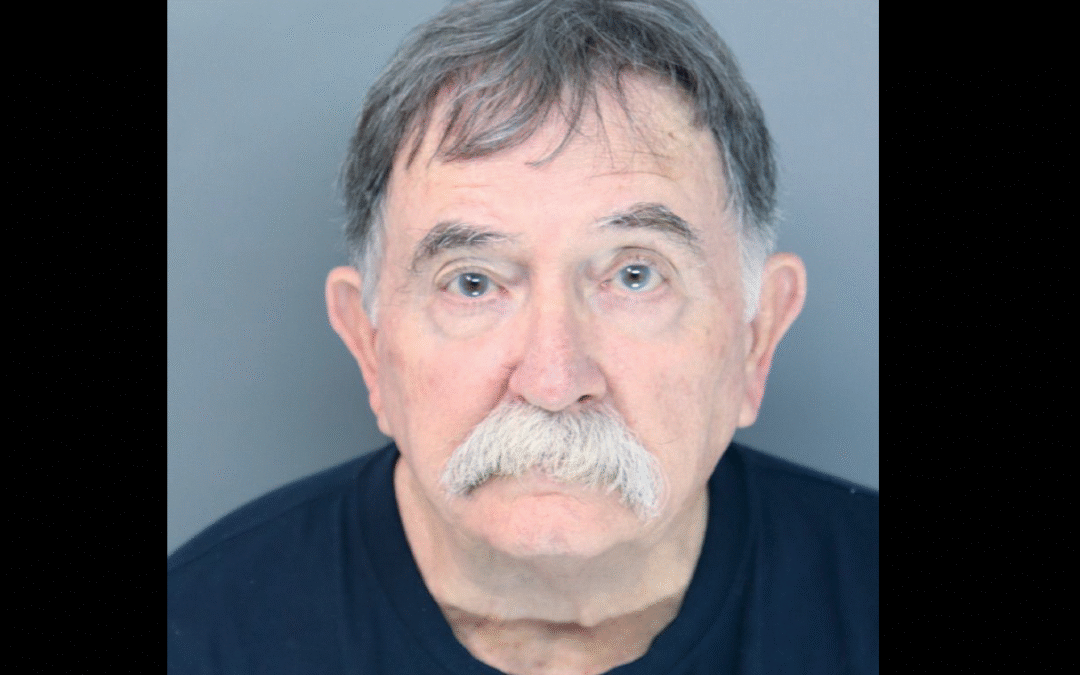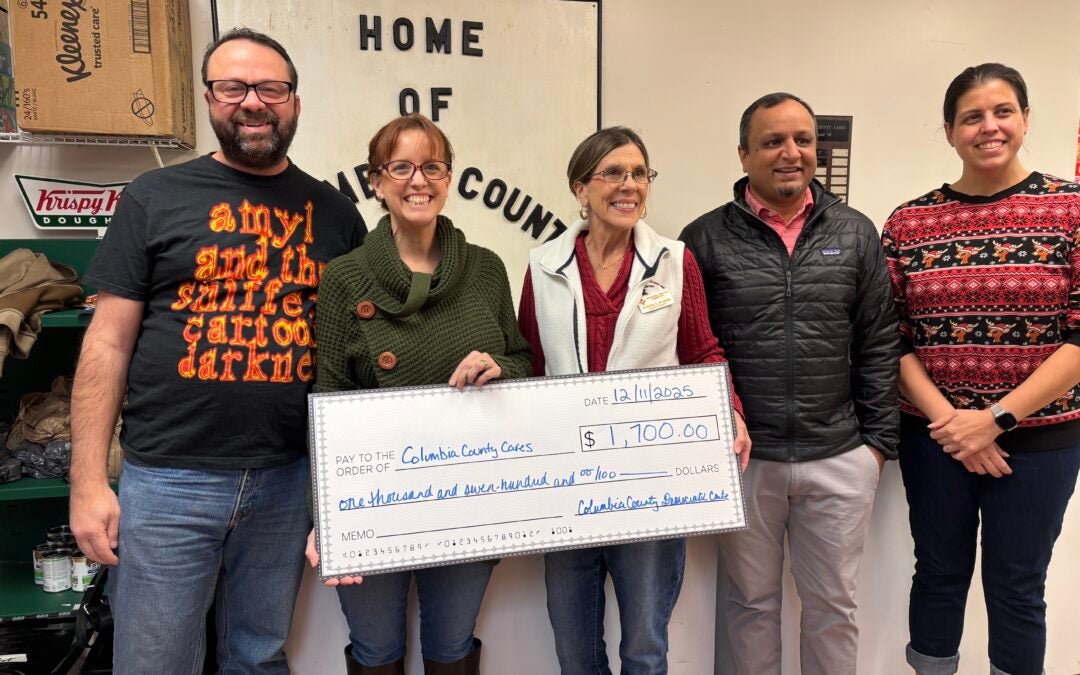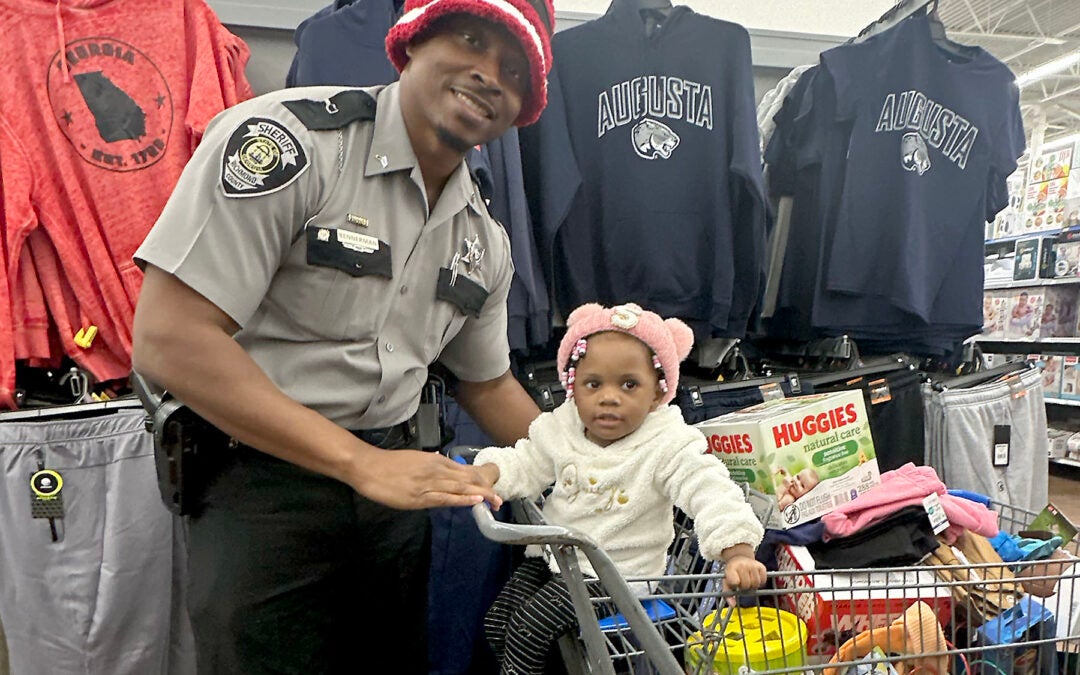It is the year of our Lord, 2024. Happy New Year to each and every one of you.
I know some of you probably have made resolutions for the new year. I wish you well as you work towards making them come true for you. And if they do not, don’t give up hope. As for me, my wish is that I know and feel the healing and liberating presence of God in my life, as God is made known in the Scriptures and in the breaking of the Bread, and as we work to build “Belove Community,” as brothers and sisters in 2024 and beyond.
The spirit of Christmas always renews my hopes for the future. This Christmas was no exception. If I may paraphrase a verse from the hymn, “O Little Town of Bethlehem”: “all our hopes and fears of all the years are met in the incarnation.” I truly believe this.
So, with that said, I would like to share with you a portion of a sermon, that I preached at the Episcopal Church of the Holy Comforter, on Dec. 31, 2023. I would like to invite you, to think with me on the mystery of the incarnation as told by John in the Gospel. John’s gospel begins with these wonderful words, “In the beginning was the Word, and the Word was with God, and the Word was God.”
Now if it occurred to you that that sounds an awful lot like Genesis 1, “In the beginning when God created the heavens and the earth,” you’d be on to something. John quite intentionally echoes Genesis 1, “In the beginning.” It’s his way of signaling to us that the coming of Jesus Christ is a new creation, much like the first, and that it was part of God’s plan all along, from the beginning.
John, however, pushes his account of Jesus, the Word, back to the beginning of time itself. Before anything else had been created, He was. In fact, using language that stretches our imagination to see Jesus, as the divine Logos, to say that Jesus was not only with God in the beginning, but was God, boggles my mind to this day. To further stress the centrality of Jesus in God’s identity and purpose, John’s prologue also claims that creation itself originated in this act. He writes, apart from the Word, “not one thing came into being” (verse 3).
“In the beginning was the Word.” Unlike the other three Gospels, John doesn’t start his story with an event in time. In the synoptic Gospels, something happens in time, such as an event. Jesus is born, Jesus begins his ministry. But in John, this does not happen in time. Instead, for example, John is referring to the God who is beyond time, the creator of the heavens and the earth. This God lives not in time, but in eternity. This God is not finite, but infinite.
And what does God’s Word, incarnate in Jesus, bring to us as He comes into our world? The last verse of the hymn, “O Come all Ye Faithful,” says: “Word of the Father, now in flesh appearing.” If you want a wonderful summation of the nativity and the incarnation, look to our wonderful hymns and Christmas carols. Many of them impart really good theology in addition to being lovely to sing. In “Hark the Herald Angel Sing,” we sing, “Light and life to all he brings.” Light against the darkness, and life against death for all.
John’s prologue, verse 5 says, “The light shines in the darkness, and the darkness did not overcome it.” This, I believe, is a good verse to hold onto in these days as we enter a new year, and struggle to stay hopeful, in the face of unrest in the very land where our Lord was born, and as we face another year of COVID infections, and grave political turmoil, and division in our nation. The light will overcome the darkness. “The light shines in the darkness, and the darkness did not overcome it,” nor will it!
What else does this embodied God bring to us by His incarnation? Verse 16 says, “From his fullness we have all received grace upon grace.” Having said that, what does the incarnation mean for our life and for our faith? First of all, it reminds us that our lives are embodied lives. We have bodies, or more correctly, we are bodies. We are not spirits, but finite embodied creatures.
After many years living with Crohn’s disease, I was starkly reminded of this after having had my colon removed due to being diagnosed with colon cancer three years ago. There were times I wished I wasn’t quite so existentially embodied, but with an excellent medical team, and Christ the healer, now an ostomy extends my life and has cast light onto what was darkness and the shadow of death. Our physical being is inescapable from our spiritual being.
We are born into a body. We grow, we get bumps along the way. We may be injured or sick; eventually, we will all die. Our life is an embodied life, and the incarnation assures us that, because Jesus also had such a life, God knows what it is like to live as fully human because He, the Word, became flesh and lived as one of us.
Another important implication of the Incarnation is the dignity of all human beings. Since God in Christ shared our human life, all humans are worthy of the same dignity, regardless of differences in race, class, sexual orientation, nationality or creed. God didn’t come among us for just “our kind,” or people who look like us, but for all humankind.
This is the good news that runs through all of scripture and culminates in the birth of Jesus Christ. This is what we celebrate at Christmas, “God with us.” This is what we pray will sustain us in 2024 and the days to come. God is with us through the shocks and strains of daily life, through COVID and political upheaval, in sickness and in health, in life and in death.
And the final implication of the incarnation that I want to talk about is that we not only have an embodied life, but we also have an embodied faith. Our faith is not just individual, not just private. We have an embodied faith; we are called the body of Christ for a reason. It means we live out our faith together. It means that no part of the body can say to another, “I have no need of you.”
So, now as we enter a new year and move into a new future, let us remember, above all, that it is God’s future. Our future is with the God who is for us and not against us. The God who chose to pitch his tent with us, to dwell among us and share our life.
For John, the scandal of particularity is not just that in Jesus the divine becomes incarnate and dwells among us. The scandal is that because of such love for the world, the transcendent Word becomes so deeply enmeshed in our twisted affairs, that He is even willing to endure the humiliation and hatred embodied in the cross, to redeem us. The Word of God became flesh and dwells among us. The Word became flesh and continues to dwell among us. May you always feel the presence of the incarnate One in your life this year. Happy New Year!
Rev. Bill Alford is a retired priest who served St. Alban’s Episcopal Church for the last 30 years and who has been priest-in-charge of the Church of the Atonement in Hephzibah for the last three years. Originally from Albany, Ga., Rev. Alford is a Navy Veteran who sings with and who is on the Board of Directors for the Augusta Choral Society.










